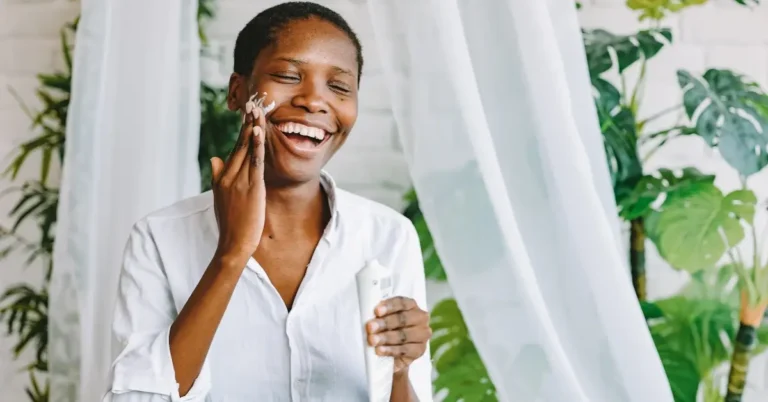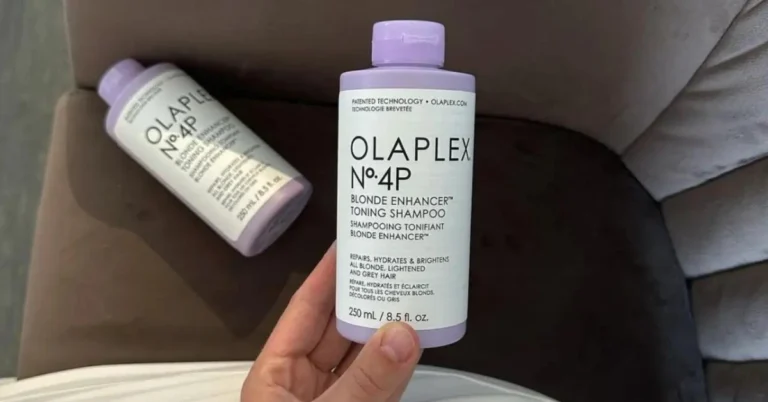Are Cerave Products Made with Parabens? Parabens, frequently utilized as preservatives in skincare items, have sparked safety concerns. Understanding the ingredients in the skincare products consumers apply is crucial.
In this article, we’ll dive into the topic of parabens in skincare and answer the question: does CeraVe contain parabens? We’ll also explore alternatives to parabens and the benefits and drawbacks of each.
Table of Contents
Does Cerave Have Parabens?
Yes, parabens are present in some CeraVe products.
CeraVe Facial Moisturising Lotion and CeraVe Moisturizing Lotion PM both contain two parabens, while CeraVe Foaming Cleanser contains two parabens as well as propylene glycol. Other CeraVe products, such as CeraVe Baby products and CeraVe Moisturizing Cream, are paraben-free.
What are parabens and why are they used in skincare products?
Parabens are a type of chemical preservative commonly used in cosmetics, personal care products, and skin care products to prevent the growth of bacteria and fungus.
They are added to extend the shelf life of these products and protect them from contamination. Parabens are cheap and effective in small quantities, which is why they are widely used in the personal care industry.
However, in recent years, there has been concern over the potential health effects of parabens. Some studies have suggested a link between parabens and certain health problems, such as hormonal imbalances and increased risk of certain cancers. As a result, many consumers are now seeking paraben-free products.
Why are parabens bad?

While the FDA and EU regulations consider parabens to be safe, there is evidence that they can act in the body like estrogen, causing health issues such as infertility, birth outcomes, and an increased risk of cancer.
Furthermore, parabens can cause skin irritation. As a result, many people avoid paraben-containing products or opt for “paraben-free” alternatives.
What are the alternatives to parabens in skincare products?

There are several alternative preservatives that can be used in skincare products instead of parabens. Some popular options include:
- Benzyl Alcohol – a natural preservative derived from plants that is effective against bacteria and yeast.
- Dehydroacetic Acid – a broad-spectrum preservative that is also derived from natural sources.
- Sorbic Acid – a naturally occurring preservative that is effective against mold and yeast.
- Phenoxyethanol – a synthetic preservative that is commonly used as a paraben alternative.
- Natural preservatives such as tea tree oil, rosemary extract, and grapefruit seed extract.
So next time you buy skincare look out for these ingredients, you definitely can’t go wrong with them and they are a much better alternative to parabens.
FAQ:

Is CeraVe moisturizing lotion paraben-free?
CeraVe Baby Moisturizing Lotion is free of parabens, whereas CeraVe Daily Moisturizing Lotion contains parabens.
Does CeraVe face wash contain parabens?
CeraVe Foaming Facial Cleanser contains parabens, but CeraVe Hydrating Facial Cleanser does not.
What are the disadvantages of CeraVe?
CeraVe’s drawbacks include potential skin reactions such as peeling, itching, irritation, and reddened skin, as well as a medicine-like odor. It may not be effective at removing makeup, providing long-lasting hydration, or being suitable for oily skin. Furthermore, a drugstore body lotion can be pricey.
Does CeraVe moisturizer have chemicals?
CeraVe products are made with natural ingredients like three essential ceramides that help replenish the skin’s natural protective barrier. Some CeraVe products, however, contain parabens and propylene glycol.
Is CeraVe made without Parabens?
Some CeraVe products do contain parabens, but not all. The CeraVe Baby line, like the CeraVe Face and Body Moisturizing Cream with Pump for Normal to Dry Skin, Oil-Free (16 oz), is free of parabens and phthalates. Other CeraVe products are also paraben-, sulfate-, dye-, and phthalate-free.
Which skincare brand is paraben free?
Many skincare brands, including Afterglow Cosmetics, bareMinerals, Clinique, Burt’s Bees, Plum Green Tea Mattifying Moisturizer, and Forest Essentials Delicate Facial Cleanser, offer paraben-free products. Suki’s Naturals, Avalon Organics, Weleda, Tom’s of Maine, Aubrey Organics, Dr. Bronner’s, and Burts Bees.
Which paraben is harmful for skin?
Methylparaben has been linked to cancerous skin damage, and all parabens can sensitize the skin, resulting in allergic reactions. However, the American Cancer Society (ACS) and the United States Food and Drug Administration (FDA) have concluded that parabens in cosmetics and skin care products pose no clear health risks.
If you liked this blog article about the question: Does Cerave Have Parabens, don’t forget to leave us a comment down below to tell us about your experience with parabens in skincare.



